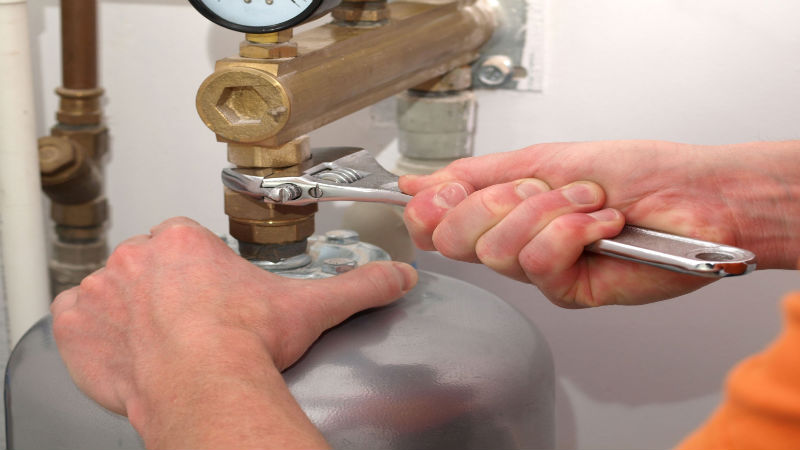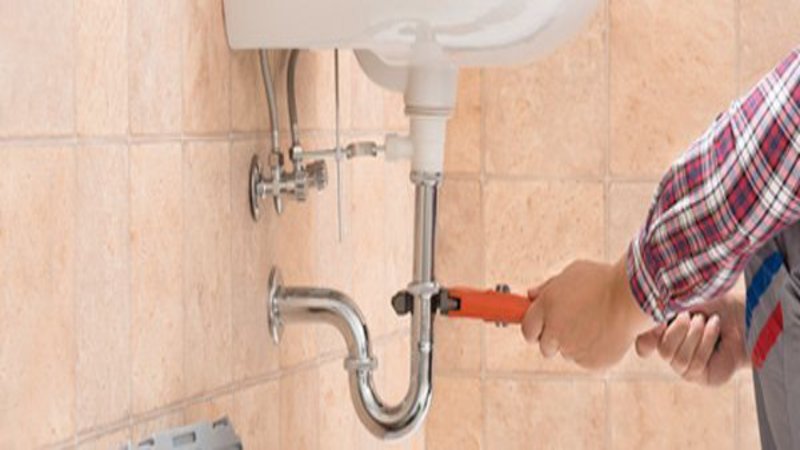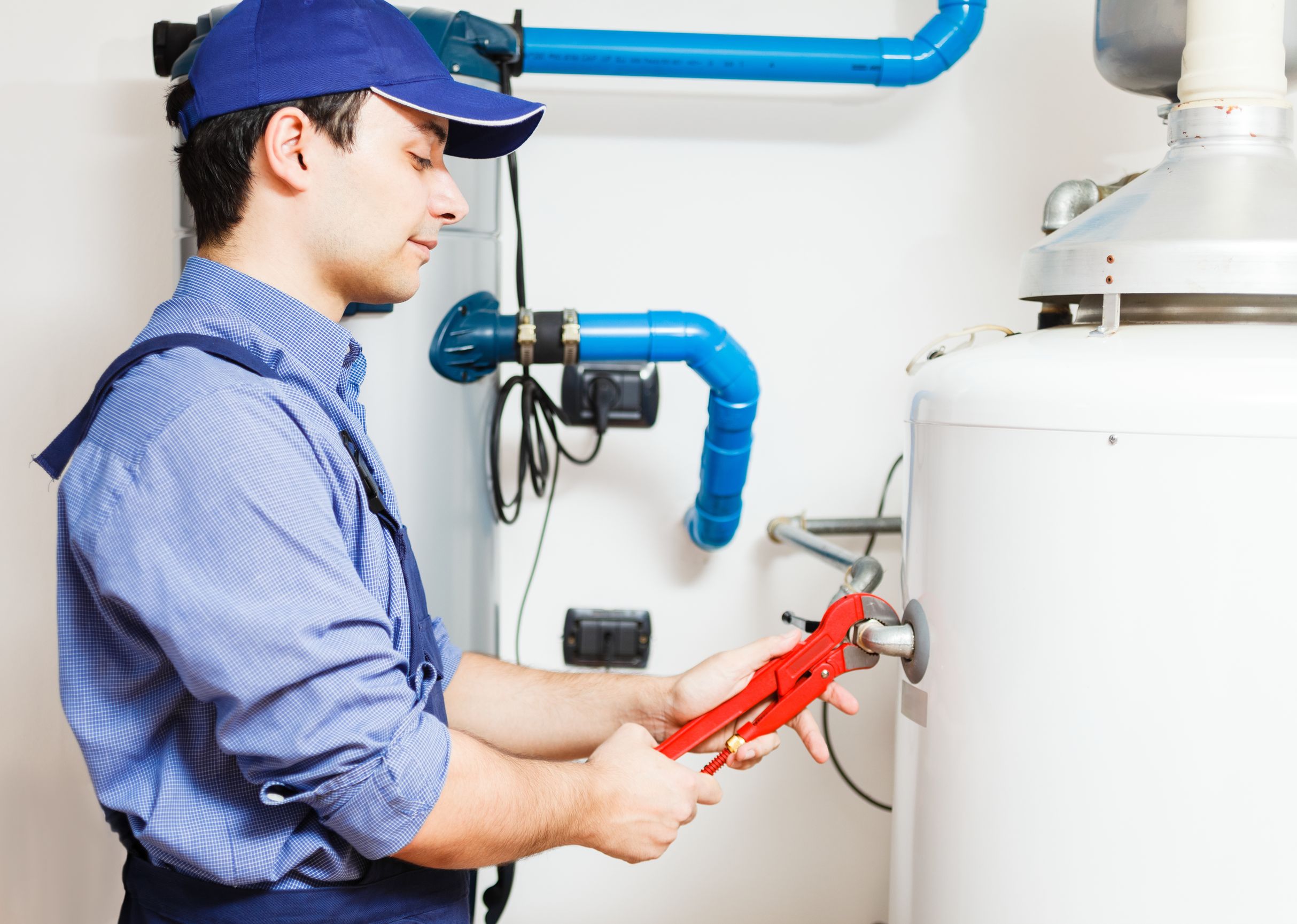The environment has its own natural remedies that balance its chemical compositions to ensure healthy living for human beings, animals, birds and plants. It is a self-sustaining system but often, human activities interfere with this system hence leading to the build up of undesired chemical compounds which lead to environmental pollution.
One of the common pollutants is produced water generated in oil and gas extraction plants. In oil production wells, there exist natural layers of water. Also, extra water is injected into these mines at high pressure to aid in the separation process. Thus, a large amount of contaminated water is released as a by-product in the process.
This water is referred to as production water and contains harmful compounds, for instance, inorganic compounds like silt, sodium, chloride and bicarbonate and organic substances like toluene, xylene, benzene and ethyl benzene. This has called for effective methods of produced water remediation in order to meet the strict environmental regulations or in ensuring environmental sustainability.
Historically, produced water is typically evaporated in large open ponds. This method is cheaper. However, it is not readily accepted as it has negative impacts on the environment especially soil if large amounts of polluted water are involved.
It contaminates soil by raising the amount of soil salts to undesirable levels rendering the land unfit for agricultural production. If produced water is pumped into water reservoirs like lakes, the amount of chemical composition will eventually rise, affecting the aquatic life or making the water unfit for human consumption.
Produced water remediation however plays an important role in dealing with this waste product. Advanced waste water remedies have been formulated to recover produced water from gas and oil mines. The recovered water is highly treated to remove solid substances or lower the concentration of chemical compounds in the water. It can thus be used for agricultural production, industrial and domestic application considering its chemical elements or concentrations.
With effective produced water remediation, oil extraction industries are able to kill two birds with one stone. They can greatly minimize the extraction cost while ensuring a sustainable environment for the existence of all living creatures. The recovered water can also be stored and re-used in future in the same process creating a self-sustained system. This means reduced production cost, reduced fuel cost, more profit and a clean sustainable environment.
In managing water remediation, scientists have come up with bio-free plant species which can do extremely well in range of contaminated soils. Also, to desalinate the produced water, reverse osmosis can be effectively used.
Visit us website to learn more about produced water remediation and recovery techniques, effects of produced water on human health and the environment in general and other related information.



